Bristol: Living in the nuclear shadow
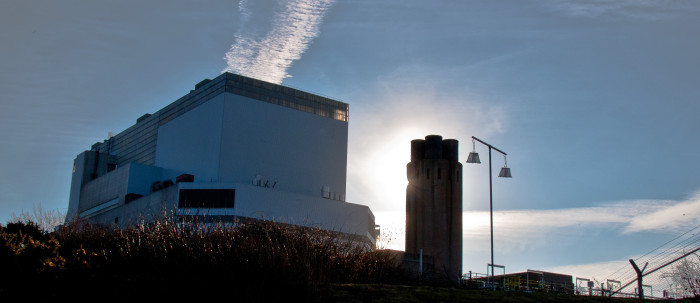
The future of a new nuclear power station at Hinkley Point, near Bridgwater, hangs in the balance – as does Bristol’s safety.
Words: Drew Rose
Photo: Mark Robinson
There is much media speculation as to whether Hinkley Point C nuclear power station will go ahead. Lead contractors EDF have mothballed the construction site, but Chancellor George Osborne announced on 21 September that the government will guarantee a £2 billion loan to secure final investments from China. At an estimated cost of £24.5 billion the power station would be the most expensive object ever built on earth. The Financial Times has called it a “misconceived project”.
Why replace Hinkley B?
In the event of an accident at the existing plant, Simon Creed, Civil Protection Manager for Bristol City Council, has said:
“the threat to Bristol would be the danger of a plume threatening the city, in these circumstances the advice would likely to be to shelter not to evacuate.”
Hinkley Point is less than 30 miles from Bristol, and Mr Creed admitted to the Bristol Post:
“The issue is we would have 40 to 50 minutes to evacuate the whole city. The only way this would be possible was if there were buses all lined up with their engines running.”
Bristol is not included in the nuclear Detailed Emergency Planning Zone (DEPZ), managed by Somerset County Council, because it is over 15km from Hinkley Point. The DEPZ states that the “Strategic (Gold) Level of Control may take up to two hours to fully form” in Taunton after an accident at Hinkley. Bad news for Bristol.
Anti-nuclear activist Rebecca Johnson, returning from a visit to Fukushima in March 2011, said about the proximity of Hinkley to Bristol:
“at those distances from Fukushima, Japanese families with young children or women of child-bearing age have been evacuated. I saw their homes and schools standing eerily empty, with rampant weeds choking the play equipment and pushing through broken windows and greenhouses.”
A study of the potential direction of a fallout plume from Hinkley by Dr Chris Busby at Green Audit, an environmental consultancy firm, states:
“Based on the population of about 10 million in the 200km radius from the Fukushima site the number of cancer cases predicted was between 200,000 and 400,000. The population in England and Wales which would be exposed in the present hypothetical Hinkley Point scenario is in excess of 20 million and therefore the cancer yield would be in excess of 400,00 to 800,000.”

Hinkley Point B station has been generating electricity since 1976. Due to its age, in 2006 its output was reduced to 70 percent. John Large, an independent nuclear engineer and government advisor, said it would be “gambling with public safety” to allow Hinkley Point to continue operating. But in 2013 EDF increased output to 80 percent and extended its working life by seven years to 2023.
Theo Simon from campaign group Stop Hinkley said:
“The potential for a nuclear mishap at Hinkley B increases exponentially with age. We should remember that the oldest of the reactors at Fukushima Daiichi had been given a ten year life-extension by government regulators just weeks before the tsunami caused cracked diesel generators to fail, leading to the collapse of the cooling system.”
There have been four fires and twelve leaks at Hinkley B since 2001. The Nuclear Industry Association has stated that: “All of the incidents listed were dealt with, and at no time was there any risk to the public or the environment.”
At an estimated cost of £24.5 billion the power station would be the most expensive object ever built on earth.
Hinkley C
On the planned replacement for Hinkley B, George Osborne said on 8 September: “I am pretty confident that we are going to be able to do a deal, but we are still in the negotiations.” This is despite the contractors recently halting all work on the site pending a Final Investment Decision.
Hinkley C would be the first new nuclear plant built in over 25 years in the UK, but EDF have said it will not be active by 2023 as planned. Delays are due to concerns over safety and costs.
To try and ensure Hinkley C is built, the UK government has undertaken to guarantee EDF a price for the electricity at more than twice the current market rate, for 35 years. This amounts to a £17.6 Billion subsidy paid to EDF from UK household energy bills.
EDF are using a new reactor design for Hinkley C known as a European Pressurized Reactor (EPR) manufactured by Areva, who announced in April that “very serious anomalies” were found in the reactor vessel of an EPR being constructed in Flamanville, France. In June crucial faults were found in its cooling system. Construction time of this plant have already doubled from from six to twelve years and costs have rocketed from €3.3 billion to €10.5 billion. The three other EPRs currently being built globally are also delayed.
Demand for electricity in the UK is falling, due to efficiency measures, and the cost of safe renewable energy is dropping – isn’t it time to abandon expensive and dangerous nuclear power for good?

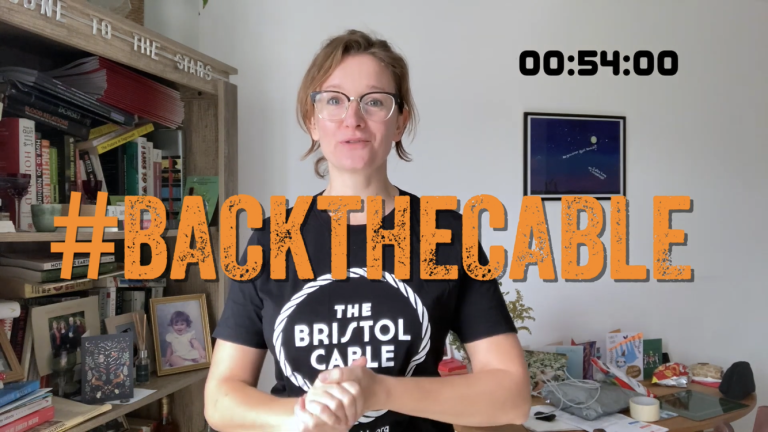



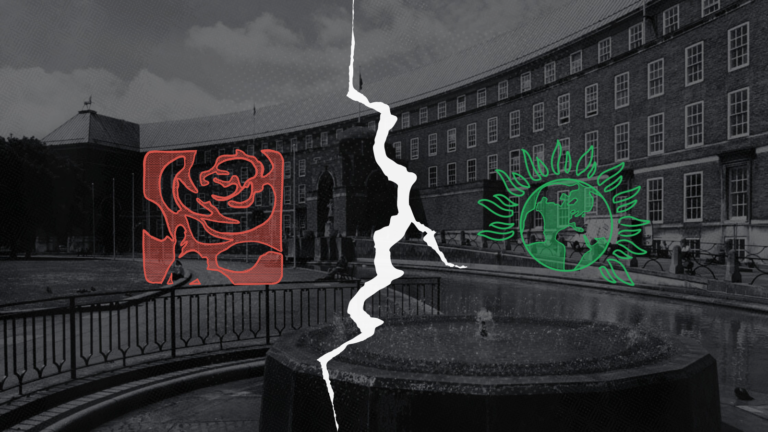


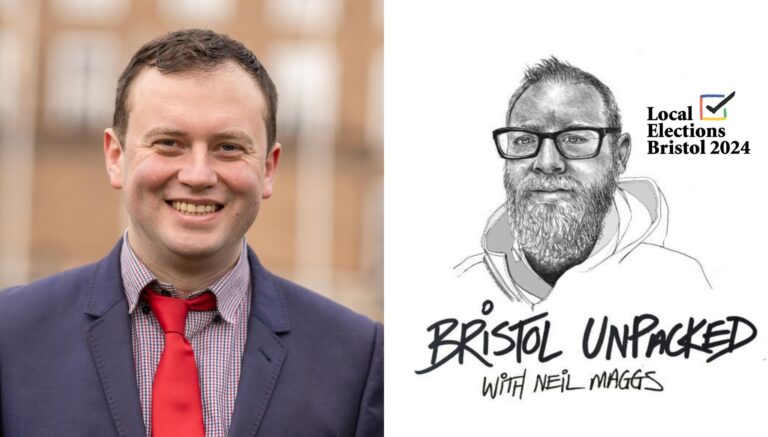


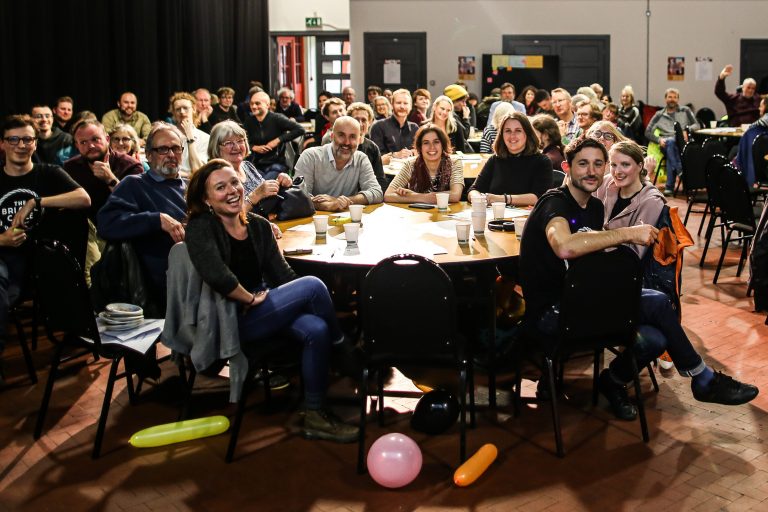


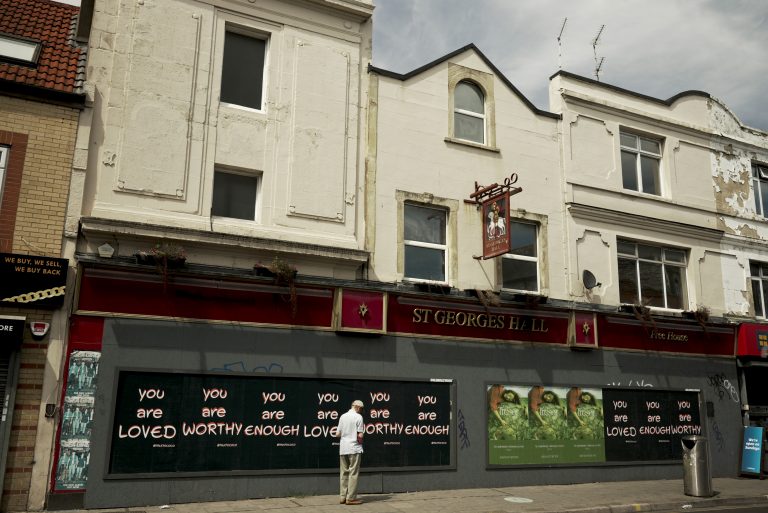


Report a comment. Comments are moderated according to our Comment Policy.
For a myriad of reasons, including British rate payers having to guarantee funding for the Hinkley C project even if it collapses, deceptive practices on the part of EdF, committing the UK to build an all Chinese reactor in the UK, crushing the UK renewables market and terrible pricing of electricity, this may well be the worst deal ever.
http://funologist.org/2015/10/20/worst-deal-ever/
There are 145000 tonnes of high level nuclear waste world-wide, that needs to be stored carefully for 100000 years. Building new substantially-conventional nukes for UK would add to this dreadful stockpile of highly dangerous waste.
Has the UK Government lost its sanity is pursuing yet more substantially conventional designs of nuclear reactor (essentially very similar to the AP1000’s at Fukushima Dai’ichi, see http://www.enenews.com).
If any nukes are built, they should be specifically designed to transmute existing dangerous nuclear waste to generate less environmentally dangerous by-products. That means a molten salt reactor (MSR), for example a form of Thorium LFTR or similar. Such waste-transmuting reactors are is not being proposed by EDF at all. If the UK Government proceeds with EDF’s EPR, it is sheer insanity and a monumental error.